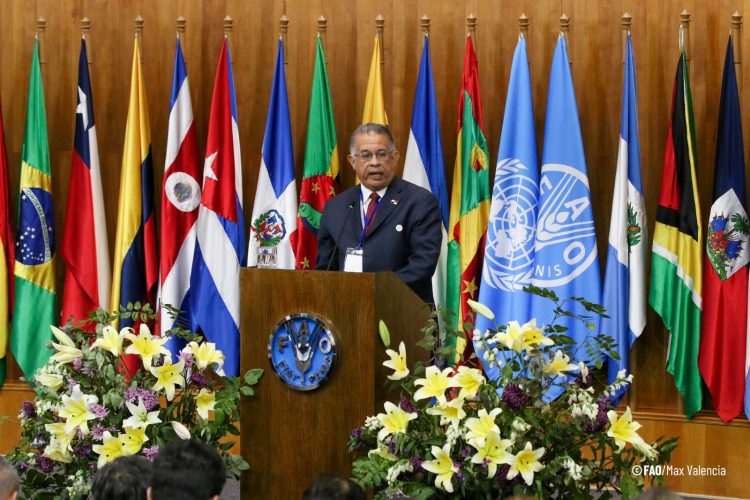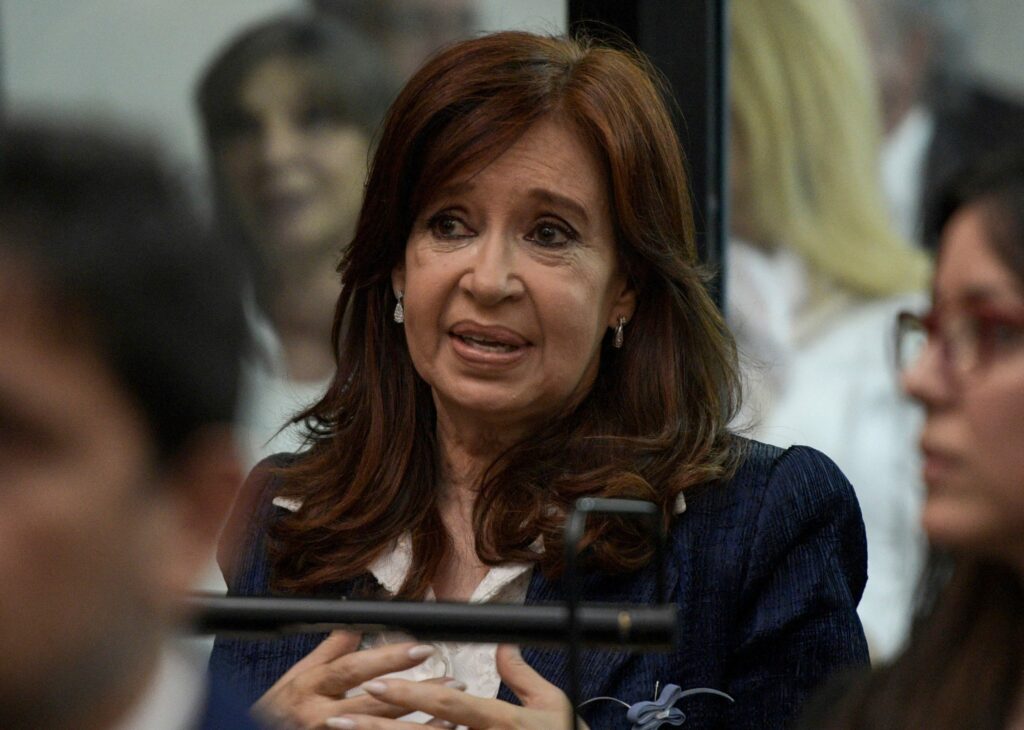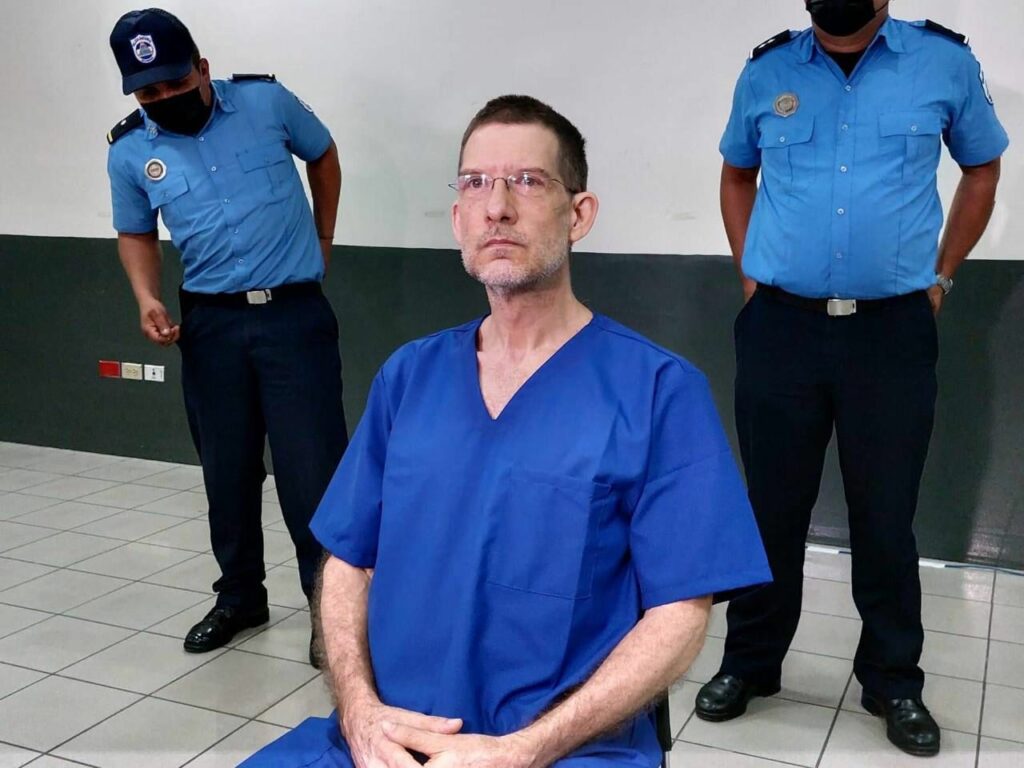Within the framework of the United Nations Decade for Family Farming, which is taking place in Chile, this Tuesday, December 6, the Minister of Agricultural Development Augusto Valderrama participated in this Latin American and Caribbean Meeting.
Valderrama highlighted in his participation, the advances of Panama in the agricultural and rural sector.
He also referred to the State Agri-Food Policy, which will be implemented in Panama, to strengthen the food producing sector and to guarantee a sustainable sector for the next 20 years.
“Despite the Covid 19 in Panama, food from family farming did not stop being produced,” he added.
The head of the agricultural portfolio said that this meeting, in which the experiences of the region’s countries in family farming will be shared, is an important event to evaluate what has been done in the countries on this matter. theme.
The head of MIDA said that Panama has focused attention on nutritional needs based on various programs, coordinated between public entities, that guarantee the right to food.
He said that a global agreement is needed, in which the countries with the greatest resources have the capacity to recognize the need for a new strategic alliance between North and South countries. “We cannot continue with hunger and misery, which are the causes of migration. The time has come to act, there is no time to continue talking and conversing, we have to continue fighting.
The Meeting takes place with the presence of 10 ministers and vice-ministers, representatives of 24 countries in the region and 200 delegates, the Food and Agriculture Organization of the United Nations (FAO), together with MERCOSUR, the Central American Integration System ( SICA) and platforms of organizations of producers of Family Farming, will hold the “Latin American and Caribbean Meeting of the United Nations Decade for Family Farming”.
This activity aims to review the role of this sector in agri-food systems, as well as the importance of implementing differentiated public policies according to the realities of each country for Family Farming in the region. In this way, FAO will facilitate a space for dialogue between a series of regional and national actors at its headquarters in Santiago de Chile.










